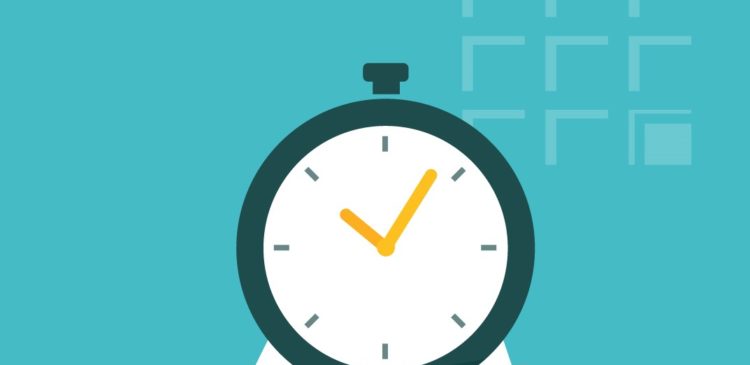What is Inflation

What is Inflation
Inflation generally said to happen in an economy when the increase in prices is realized for any kind of goods sold and services offered in a society, community or a market
INFLATION
When there is an increase in the price of commodities sold in a market or the services provided by the market, the rise in prices is described as inflation.
If we take the price of milk, we have seen that about 10 years ago in 2007 the price of milk was about 25-30 Rs a liter depending upon the fat content provided, but over the time period of 10 years in 2017, it has drastically increased to about 40-50 Rs a liter. Every market/sector has always seen that the cost of purchasing a product has changed with change in time, Right from increase in of daily used products to building material or necessities such as medicines, LPG cylinders etc. have seen a rise in prices causing the a fall in purchasing power of each unit of currency.
Inflation by many economists is seen in many different ways, There is no doubt that inflation can change and decrease the pattern and spending capacity respectively of a person or the nation, but it also creates a lot of positive effects such as, during an inflation period the central bank cuts down rate of lending money, which in return attracts customers to take loans and invest, thus opens up a lot of opportunities for business to expand and develop the economy. It also creates better job opportunities for both skilled and unskilled labor category. Inflation helps to realize better earning and spending pattern of the nation and helps in the development and growth at a particular rate through a period of time.
Increase in price can generally be caused by many different reasons but the major causes of it are.
Causes of Inflation
Demand-pull inflation:-
This type of inflation is caused when the supply of a goods or a service is not able to fulfill the demand of the market thus causing a sudden increase in price for the mentioned service or product for the same.
If we suppose that a shopkeeper is supplied with only 10 chocolates per day, but he sees the demand for chocolate in the market is for 15 chocolates per day, then he may decide to increase and sell the chocolates at higher prices causing demand-pull inflation.
Cost-push inflation:-
When there is a rise in the production or operating activities like the cost of fuel, labor wages, import prices etc, which in return causes a direct change of increase in the price of the finished goods and which in-return creates inflation due to increase in the price of inputs is termed as cost-push inflation.
As mentioned in the above example if we suppose that the price of each chocolate in the collection of 10 chocolates may also increase if the prices of raw material like cocoa and sugar used in chocolates have increased, thus creating cost-push inflation.




